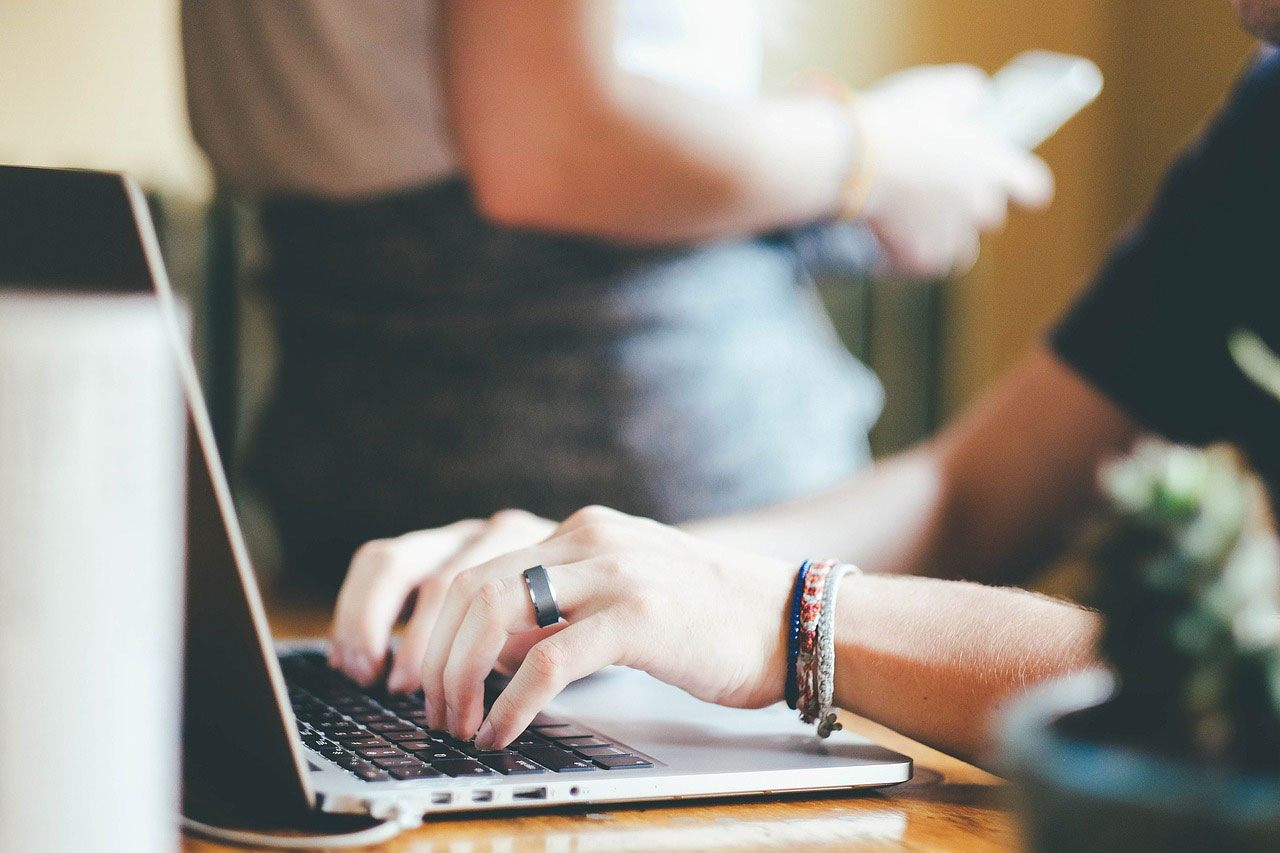Privacy and security while using the internet are a high priority for most. With companies like Facebook who’ve been caught selling private user data, ensuring that your information is adequately encrypted is critical. If you want to work and shop online while protecting your identity, here are some of the best tactics to ensure your safety.
Share Fewer Details Online
Sharing fewer details online might seem like an easier-said-than-done tactic, but committing to share fewer personal details could lessen your chances of enduring a frightening data breach. Especially on social media platforms, being aware of how much personal information you include could keep your livelihood and data safer.
With many online platforms, they’ll ask for optional information from you to complete data profiles. Adding your middle name or phone number might not be necessary for specific social media sites, so it’s essential to opt out when you can. Another great way to limit data breaches is to implement privacy settings on your accounts and profiles. If you share intimate, personal details or photos on sites like Instagram and Facebook, it’s best to limit who has access to that information.
Create A Secondary Email
It’s standard for streaming services or online shopping websites to require an email to continue your transactions. But as time goes on, these sign-ups can add up, creating an influx of unwanted emails from retailers and e-commerce sites you don’t need. Creating a throw-away email can not only help separate work or important messages from junk, but it can also protect your personal information.
A nefarious activity common on the web is third-party retailers buying email and phone number lists for targeted advertising. These lists can also end up in the wrong hands, leading to a hack or a data breach. An external email address not connected to personal online accounts could help keep your personal information private and unphased.
Strong Passwords and Two-Step Authentication
We’ve come a long way from simply using our mother’s maiden name as a secure password. With experienced hackers accumulating daily on the internet, it’s imperative to have solid, convoluted passwords to ward off bad actors.
A strange combination of letters, numbers, and symbols for strong passwords nowadays will help create an impressive barrier to identity theft or information breaches. Make sure you write down passwords off the internet to have a safe place to reference in case you forget.
An additional protection measure many websites are taking is two-step verification. After putting in your password, a website might prompt you to enter a randomized code sent to your phone or email. This way, websites can ensure that you are the valid owner of the account being entered. It also helps deter hackers since they won’t have access to your phone or email quickly enough to receive the verification code.
Delete Apps
Are there apps on your phone that you’re not using anymore? Unfortunately, many dormant phone apps could leave your personal information vulnerable.
The best way to limit the chance of an information breach is to delete all unused apps on your iPhone or Android. Since many phone applications rely on user data, hackers often target that technology to obtain private information. It’s also important to purge your computer of unnecessary applications as well. Recently, eight different Firefox and Chrome extensions were found guilty of tracking activity outside their respective sites. This makes the need to remove all unwanted extensions and applications all the more imperative.
Install a VPN
Installing a secure VPN is the final step in keeping your personal information as safe as possible. A VPN obscures your IP address and encrypts your data, allowing you to move through the internet in a relatively untraceable manner. If you have to use public WiFi at a coffee shop or restaurant, installing a VPN can stop hackers from infiltrating your computer when connected to an open network.
When using your computer, your ISP (internet service provider) records your online actions like browsing history and private information. Obscuring this information can lower the possibility of a bad actor collecting personal data through an unprotected device.
Outlining the prevalence of data breaches shouldn’t deter you from using the internet. Instead, implement these privacy and security techniques to use caution when browsing the internet. These five strategies for online privacy can help you prevent hackers and protect your personal information.
